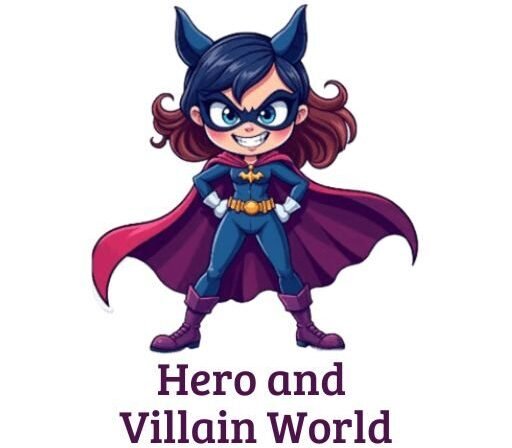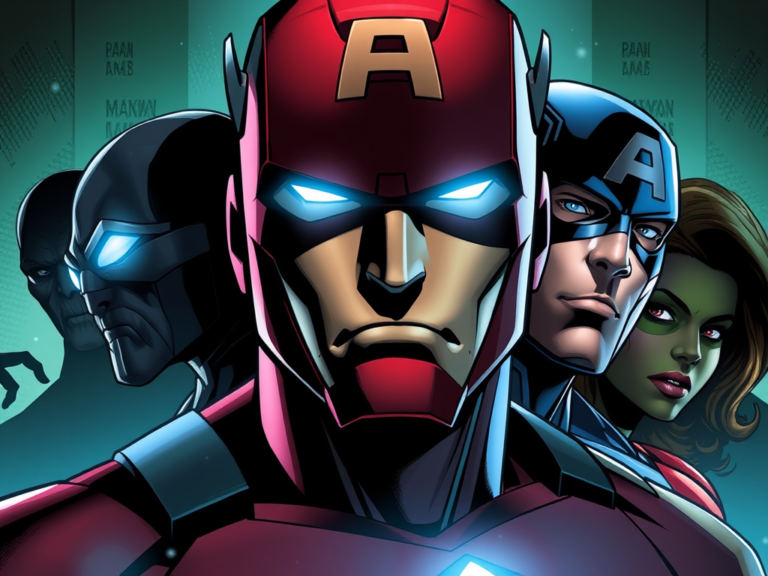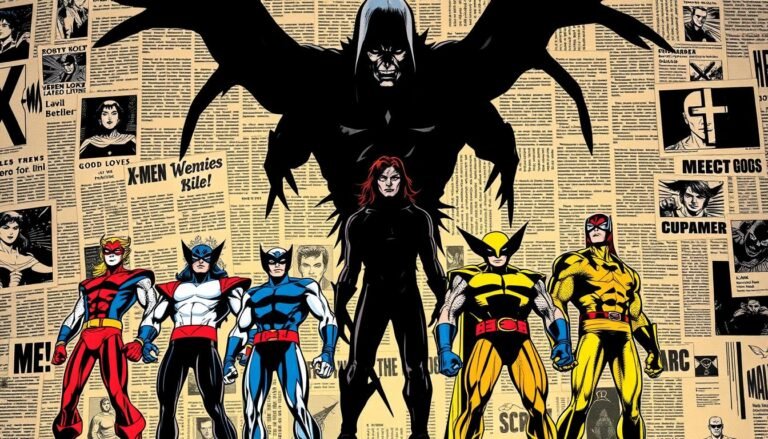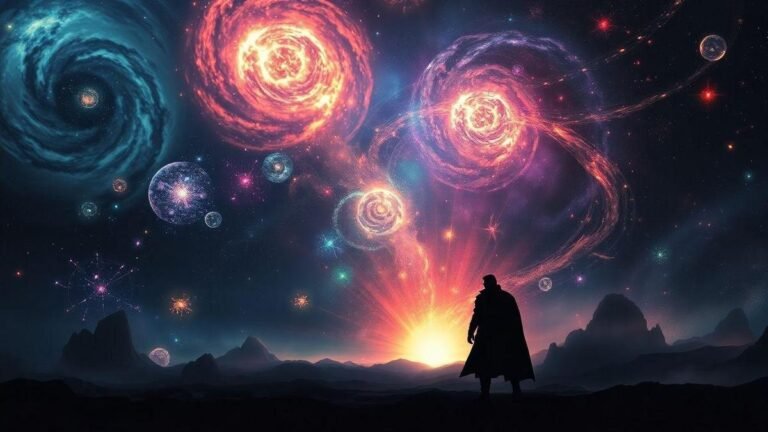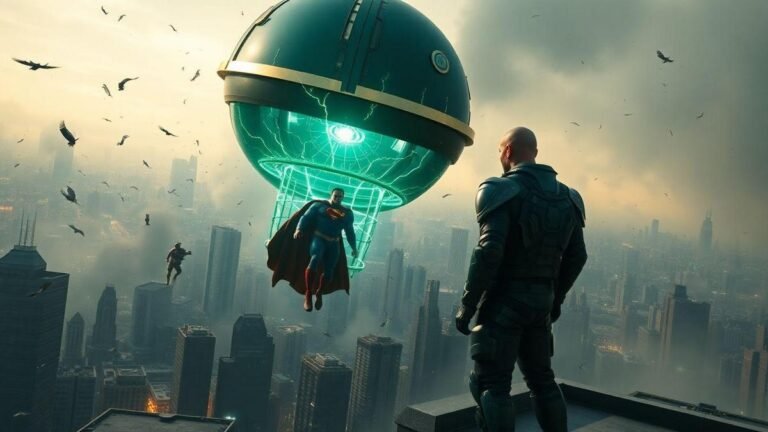Thanos Wins: A Marvel Cosmic Horror Story by Donny Cates That Shocked Readers
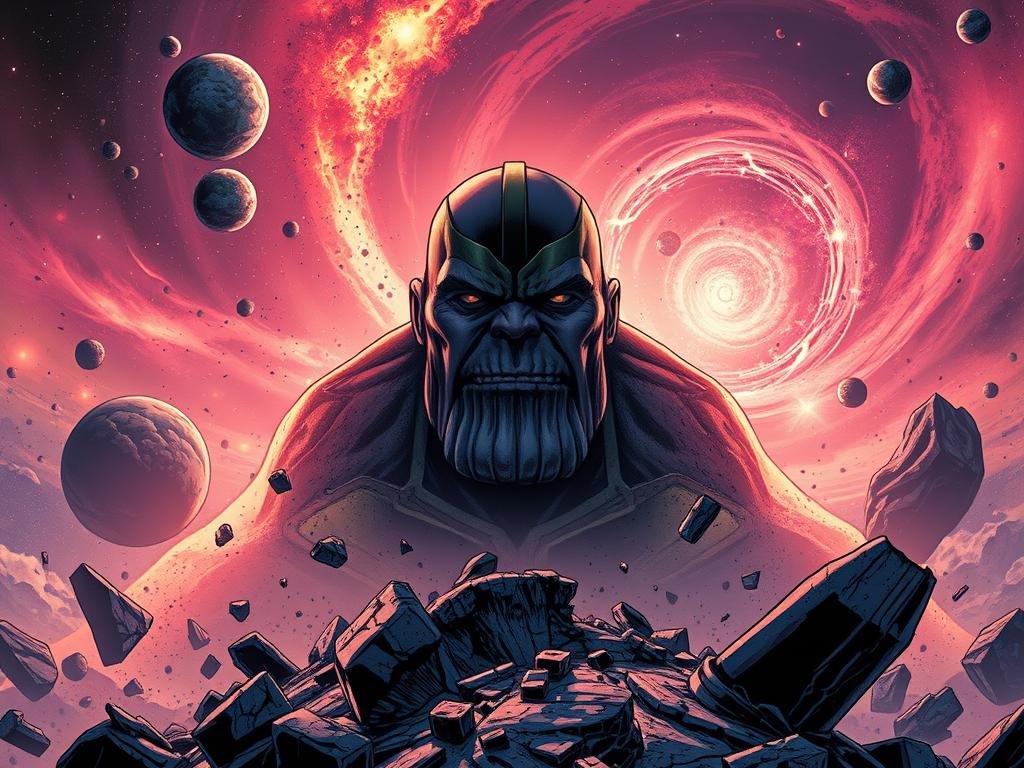
I still remember the chill that ran down my spine when I flipped through those first pages. As a lifelong comic book enthusiast, I thought I knew what to expect from a villain-centric story. But this book shattered every assumption. The weight of its oversized pages matched the heaviness creeping into my chest – a feeling I hadn’t experienced since childhood nightmares.
What makes a great story? For me, it’s that moment when familiar characters reveal hidden depths. Donny Cates achieves this masterfully, weaving existential dread into a tapestry of cosmic consequences.
My hands actually trembled during the Ghost Rider reveal – not from shock value, but from the raw emotional resonance of seeing a beloved character reimagined.
The fan community’s explosive reaction makes perfect sense. We’d seen universe-ending threats before, but never one that felt so inevitable.
Cates’ narrative choices create a suffocating atmosphere where victory tastes like ashes. It’s the kind of storytelling that lingers, like the afterimage of a supernova burned into your vision.
What surprised me most was how this universe-spanning epic made me care about its antagonist. Through Donny Cates’ pen, we don’t just witness destruction – we feel the terrifying logic behind it.
This isn’t just another comic event. It’s a mirror held up to our own darkest impulses, framed by jaw-dropping artwork that still haunts my imagination.
Overview and Context of the Thanos Wins Narrative
When I first dug into this story’s origins, I realized how carefully it was built to challenge expectations. The title emerged as part of a 2018 comic run that redefined what a villain-driven arc could achieve.
By weaving together multiple issues, the author crafted a timeline where hope feels foreign and devastation becomes routine.
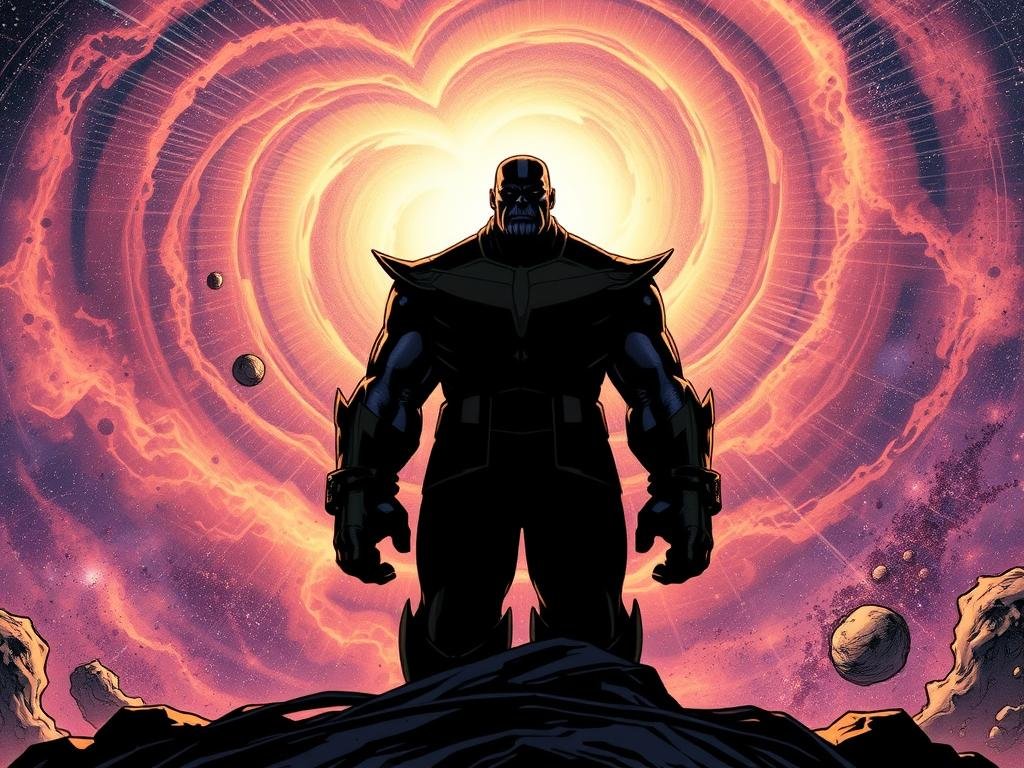
Background and Publication Details
This collection stitches together a fractured universe where familiar heroes meet twisted fates. What struck me was how the way these events unfold mirrors real-world anxieties about power and consequence.
The central conflict—a future version of the antagonist seeking his younger self—creates a chilling loop of inevitability.
Critical praise poured in quickly, with one review highlighting how the narrative “balances spectacle with psychological depth.” I’ve rarely seen a comic where every panel feels like part of a larger nightmare slowly coming into focus.
Marvel Universe and Fandom Reception
Longtime readers recognized this as more than shock value. The story’s gutsy choices—like reimagining Frank Castle as a cosmic entity—show a commitment to meaningful reinvention.
Fans debated fiercely online, many appreciating how it elevated mature themes without losing Marvel’s signature scale.
What stays with me is how the time-hopping structure makes the horror feel earned. By the final page, you’re not just reading about a broken universe—you’re mourning it. That emotional weight explains why this arc remains a benchmark for superhero storytelling done right.
thanos wins cosmic horror cates: A Comprehensive Product Review
Analyzing this narrative felt like staring into an abyss that stares back. The book doesn’t just tell a story—it dissects ambition’s corpse. At its core lies a terrifying question: What remains when a tyrant achieves total domination?
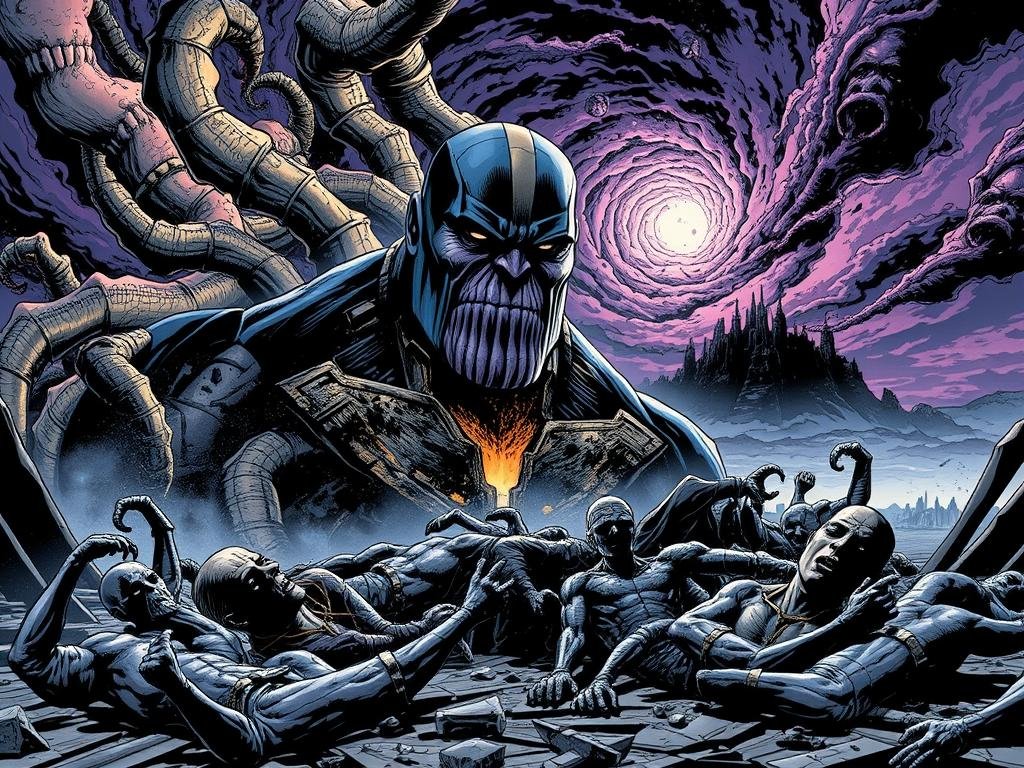
Plot Nuances and Cosmic Horror Elements
Donny Cates crafts a nightmare where victory becomes punishment. The future Thanos reigns over ash and bones, yet remains chained to Death’s cold affection. His younger self’s disgust mirrors our own—how could universal control feel so empty?
The penance stare sequence chilled me. Instead of remorse, the Mad Titan sees his genocides as masterpieces. This inversion of morality creates existential dread that lingers. Cosmic horror here isn’t tentacled monsters—it’s the realization that even gods can’t escape their nature.
Reader Insights and Critical Reactions
Frank Castle’s transformation into the Cosmic Ghost Rider sparked fiery debates. One review argued:
“In no incarnation would Frank ever make those deals with the Devils.”
Yet others praised this bold reimagining as genius character deconstruction.
Through forums and critical analyses, fans grapple with the story’s moral complexity. Does absolute power always corrupt? Can redemption exist in a universe this broken? The book offers no easy answers—just haunting questions that cling like space dust.
Artistic Brilliance and Character Complexity in Thanos Wins
Opening this graphic novel felt like stepping into a living nightmare gallery. Geoff Shaw’s illustrations and Antonio Fabela’s colors create a visual language that whispers despair through every shadow.
Their collaboration proves that comic art isn’t just decoration – it’s emotional storytelling at its most raw.
Visual Storytelling and Illustrative Techniques
Shaw’s pencil work makes silence deafening. In one unforgettable panel, King Thanos slumps on a throne of skulls – his posture screaming emptiness despite universal domination.
Fabela’s palette choices tell their own story: sickly greens for decay, blood-red accents for lost battles, and cold blues that make space feel suffocating.
| Technique | Emotional Impact | Key Example |
|---|---|---|
| Body Language Focus | Conveys unspoken despair | Thanos’ defeated posture |
| Color Symbolism | Reinforces existential dread | Ashen battlefields |
| Panel Composition | Creates claustrophobia | Crowded destruction scenes |
Exploring Thanos, Cosmic Ghost Rider, and Other Characters
The Cosmic Ghost Rider design chilled me to the bone. Flames lick at Frank Castle’s skull helmet while cosmic energy swirls around his chains – a perfect metaphor for eternal punishment.
What really struck me was how the Silver Surfer‘s gleaming form contrasts with the darkness, becoming a visual lifeline in this bleak universe.
Through subtle facial cues, Shaw shows the toxic relationship between future Thanos and his younger self.
A barely-tightened jaw here, a slight eyebrow raise there – these details make their dynamic feel painfully human. It’s this love for character nuance that elevates the entire arc beyond typical superhero fare.
Conclusion
Closing the final pages left me wrestling with complex emotions I hadn’t anticipated. This book achieves something rare – merging superhero spectacle with existential dread in a way that feels both thrilling and deeply unsettling.
Donny Cates doesn’t just retread familiar ground; he reinvents the mad titan as a tragic figure trapped by his own warped logic.
What elevates this title isn’t just the cosmic ghost rider’s fiery presence, but how it explores the cost of absolute power.
Through twisted relationships and brutal consequences, we see how love can curdle into obsession, and victory become a hollow crown. The author forces us to confront uncomfortable truths about desire’s dark side.
Years from now, I’ll remember how this story made universal annihilation feel personal. Its layered approach – part character study, part meditation on death – proves superhero tales can tackle mature themes without losing their pulse-pounding heart. That balance explains why reactions remain passionately divided.
For me, this kind of bold storytelling exemplifies why comics matter. When creators like Donny Cates take risks, they remind us even the most familiar characters can surprise, challenge, and haunt us long after the final panel fades.
FAQ
Q: Why did Thanos Wins leave such a lasting impact on Marvel fans?
A: I think it’s because Donny Cates crafted a story that blends cosmic horror with Marvel’s iconic characters in a way that feels fresh yet terrifying. The stakes are apocalyptic, and seeing familiar faces like Frank Castle’s Cosmic Ghost Rider twisted into something darker shocked readers while expanding the lore.
Q: How does the Cosmic Ghost Rider fit into this narrative?
A: The Cosmic Ghost Rider is a standout here! Once Frank Castle, he’s now a vengeful spirit merged with cosmic power, serving a twisted version of the Mad Titan. His tragic backstory and unpredictable alliances add layers of moral ambiguity, making him both a hero and a haunting symbol of despair.
Q: Is this comic series part of Marvel’s main continuity?
A: While it’s technically set in an alternate future, the themes and character explorations—like King Thanos’ tyranny and the Silver Surfer’s role—resonate deeply with core Marvel mythology. It’s a self-contained arc, but its ideas about power and corruption feel timeless.
Q: What makes the artwork in Thanos Wins stand out?
A: The visuals are *stunning*. Geoff Shaw’s illustrations amplify the story’s bleak tone—think jagged landscapes, grotesque creature designs, and haunting close-ups of characters like the decayed Silver Surfer. The colors shift between neon-bright cosmic energy and shadowy dread, pulling you deeper into the horror.
Q: How did readers react to the darker tone compared to other Marvel stories?
A: Many praised the bold risks! While some found the violence and nihilism jarring, others loved how it challenged typical superhero tropes. It’s a love-it-or-hate-it vibe, but undeniably memorable for its willingness to dive into existential terror.
Q: Does the Silver Surfer play a significant role here?
A: Absolutely. His arc is heartbreaking yet pivotal. Stripped of his nobility and trapped in a nightmarish future, he becomes a symbol of lost hope. His dynamic with Thanos and the Cosmic Ghost Rider drives much of the emotional weight.
Q: Where should I start if I’m new to Donny Cates’ work?
A: Thanos Wins is a great entry point! It showcases his knack for blending epic stakes with intimate character drama. If you enjoy this, check out his Venom run or God Country for more genre-bending storytelling.
Q: What makes King Thanos different from his mainstream counterpart?
A: This version has already “won,” ruling over a dead universe. His tyranny isn’t about ambition anymore—it’s about clinging to power in a void. It’s a chilling exploration of what happens when a villain achieves his goal and still craves destruction.
Q: Are there lighter moments amid all the cosmic horror?
A: Surprisingly, yes! The Cosmic Ghost Rider’s sarcastic humor and Frank Castle’s gritty one-liners provide brief respites. But don’t get too comfortable—the story quickly reminds you that even laughter here feels like defiance against despair.
Q: How does this story influence later Marvel arcs?
A: Its legacy lives on in characters like the Cosmic Ghost Rider, who later appeared in events like Guardians of the Galaxy. The themes of legacy and consequence also echo in modern tales, proving that even alternate realities can shape Marvel’s main universe.
